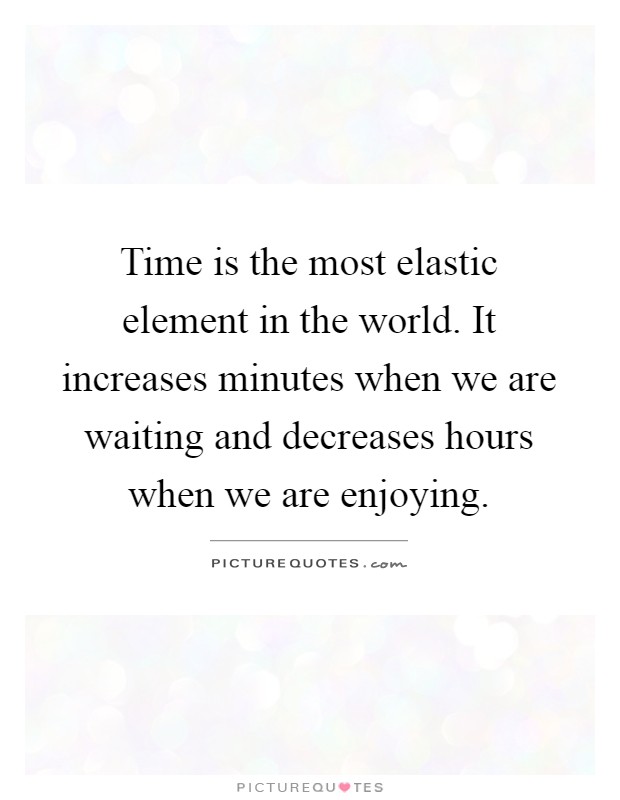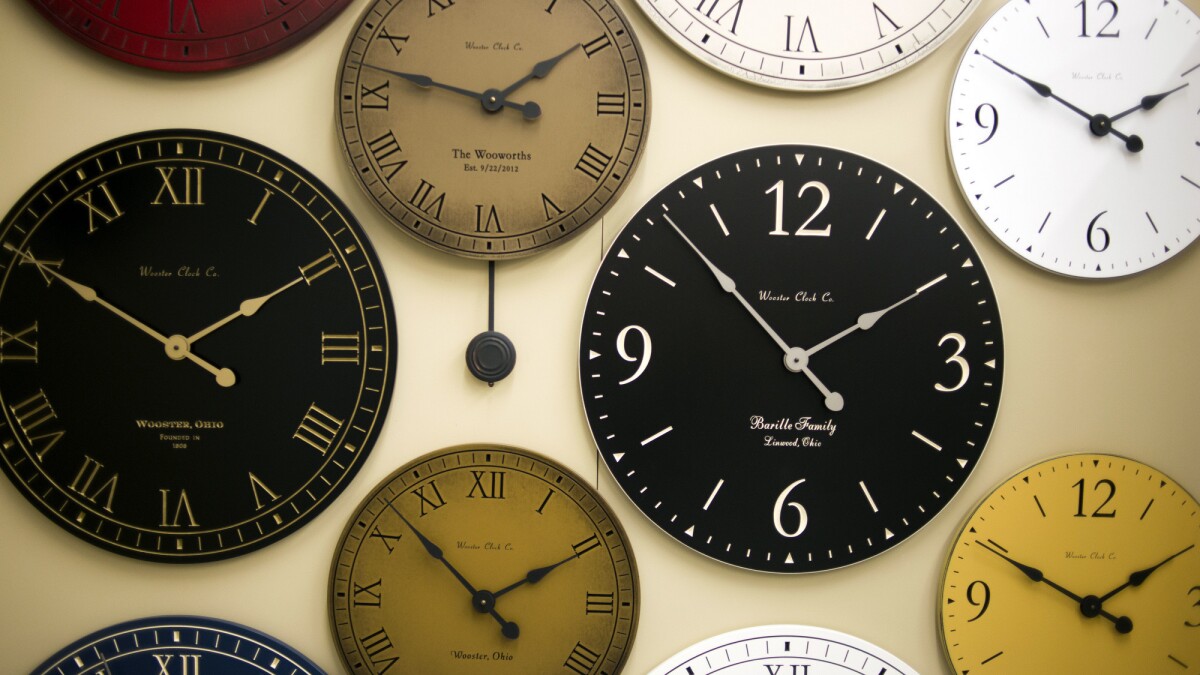I have been feeling this at least since June/July of last year. The days seem to be flying past. I would wake up one morning on a Monday and the next thing I know it’s Friday! The week has zipped past me without really realising it. I used to think it was just me, but on speaking with family and friends, I realised quite a few of them also felt the same. Here we are in the new year and time still seems not to stop. And in the midst of the pandemic when most of us are stuck at home, we would expect time to not pass as fast as it would during a normal time. Instead of time slowing down, it seems to be moving at wrap speed. I decided to see if this is a phenomenon and if this is scientifically true.
Time as a concept is fixed, there is a fixed number of hours in a day and day morphes into the night at a fixed time each day and is constantly moving and changing. What happens now is different from what happens in the next minute. Simply put, this minute you are reading this paragraph, but within the next sixty seconds or slightly later, you will reach the next paragraph and time has shifted.
But it has also been proven that time passes faster at the top of a mountain as opposed to at sea level. The difference is small but can be measured with precision timepieces that can be bought today for a few thousand dollars. This slowing down can be detected between levels just a few centimetres apart: a clock placed on the floor runs a little more slowly than one on a table.
Einstein understood this slowing down of time a century before we had clocks precise enough to measure it. He imagined that the sun and the Earth each modified the space and time that surrounded them, just as a body immersed in water displaces the water around it. This modification of the structure of time influences in turn the movement of bodies, causing them to “fall” towards each other.
But how does this explain why sometimes time is elastic, why sometimes time moves fast and other times it is as slow as molasses? Why when we are having a bad day, or eagerly awaiting something that will happen tomorrow, a day can feel as long as a year and when you are having fun or are on a holiday, an entire week can pass before you know it and it’s time to go back to our mundane life? This is probably what is the elasticity of time.
While researching this piece, I realised I am not the first to realise this and speak about it. While this has not yet been fully researched, some people feel that it is because we create our own subjective experience of time in our minds and it doesn’t always match up with what we read on the clock or the calendar. A 20-minute lunch with a friend goes by in a flash, while a 20-minute wait for a delayed train can feel interminable, yet in reality of course the duration is identical.
We estimate the passing of time in two ways, either prospectively by how fast is time passing right now or retrospectively by how fast did last week or the last year go by. When we are stuck at home, either in a lockdown or because we are told to work or study from home for the time being, we are stuck with those with whom we live and there are many who are isolated from family and friends and we have the long days to fill up. While work takes a big chunk of our time, we have also found other ways to pass time for when we are not working. We do that by rediscovering our hobbies, watching content online or on television, speaking with family and friends and other ways to fill those hours which we would have otherwise used for socialising. But inevitably, the days start to look and feel a little similar. Weekdays and weekends blend together and we find it hard to distinguish between them and there are many days when I have woken up and it has taken me some time to think about what day it is.
This blurring of days who all look the same leads us to create fewer new memories, which is crucial to our sense of time perception. When each day is either the same or similar to the previous one and the one before that, we fail to distinguish between them. Memories are one of the ways that we judge how much time has passed and so when days look similar or even identical, it just feels like one long day and with nothing to really distinguish between our weekdays and weekends, months go by before we have something new to add to our memory bank. It’s like when we go on a holiday to a new place, time seems to zip by there because everything is new, and when we get home and look back, because there are so many memories of the holiday, it feels like we’ve been away longer that we actually did.
During times like the pandemic, it’s the opposite that happens. Now, if we get to the end of the week and look back, because we have hardly any new memories made, time seems to disappear. It’s a less extreme version of the experience some people have while in prison or when they’re ill. Time passes painfully slowly and they long for it to be over, but when it is and they look back, time can feel as though it has contracted. Of course some of us have found ourselves busier than ever during this period, juggling the technological challenges of working from home with the new job of home-schooling children. So even though we may be busier than ever, we spend all our time at home and this means we don’t have many memories which are not associated with another place or location and this makes us feel that time has just zipped by. Dozens of Zoom calls from the same surroundings can start to merge into one compared with memories of real life where we see people in different places.
Our perception of time in the future has also altered. Pre-pandemic, we thought of the near future when we would take holidays plan for or other events in our lives. But today, we either look to the far future when all this is over or to the immediate future, perhaps planning on what to cook for lunch the next day. Once the pandemic is over, will we look back and see it as one chunk of time or will we be able to distinguish the various months of 2020? I do remember the time in January when Singapore reported its first case. This was just after we went for S’ cousin’s engagement over in Johor Bahru in Malaysia. That was the last time we went out anywhere significantly other than for errands and that day stands out in stark contrast to the rest of the year.
So what do you think of your time during this pandemic? Did time zip past you or was it slow as molasses? Do comment and let me know.



